As the result of the Italian election became clear in the early hours of September 26, the leader of the far-right Brothers of Italy party, 45-year-old Giorgia Meloni promised to lead a government “for all Italians.”
The party won with 26 percent of the vote, performing better than polls ahead of the vote had predicted. A right-wing coalition that includes four-time prime minister Silvio Berlusconi’s Forward Italy party, as well as the anti-migrant League of Matteo Salvini, holds a comfortable majority to form a government.
At the helm of the strongest party in the coalition, Meloni is likely to become Italy’s next prime minister. A week after the election, she has been holding several rounds of informal talks in Rome, aimed at formally receiving the mandate to form a government by president Mattarella.
Here is a look at what will happen in Italy in the coming weeks.
Meloni to be granted the mandate by mid-October
According to Italian law, parliament should meet no longer than twenty days after an election.
MPs will be called to elect the presidents of both the Chamber of Deputies and the Senate. The vote will give some indication of the balance of power in parliament, where the right-wing coalition is expected to hold a comfortable majority.
The election of the two presidents will pave the way for president Mattarella to formally open consultations in view of forming a new cabinet – which could take place between October 15 and October 18. At the end of the consultations, Mattarella is expected to grant Giorgia Meloni the mandate to form a government, which she will have to formally accept only once she can present her list of ministers for the president to formally nominate.
How ‘moderate’ will a Meloni-led cabinet be?
Those negotiations, which are indeed already taking place behind the scenes, are expected to determine whether Giorgia Meloni’s government will be as ‘moderate’ as the image of her party she projected during her election campaign. In a bid to look reassuring to the international community, she has flaunted her pro-Western, pro-NATO stance. Her criticism of the European Union turned into a call to work alongside European leaders to solve pressing issues such as the energy crisis, directing criticism instead to individual member states – particularly Germany.
Meloni will have to negotiate a middle ground with her two allies, the League and Forward Italy – who received 9 and 8 percent of the vote respectively, but whose support she will still need in order to hold on to a majority in parliament. But with Brothers of Italy way ahead of the latter two, her party is expected to hold on to most of the key ministries.
Matteo Salvini – who led the anti-migrant League to become the first party in Italy in 2019, only to witness a spectacular fall from grace – could be named vice-president alongside former president of the European Parliament Antonio Tajani of Forza Italia. But the League leader, who is currently facing trial for abusing his power over his “closed ports” policy, is unlikely to get his old job as interior minister back. Instead, it could go to one of his right-hand men or to Elisabetta Belloni, the head of the Italian secret service. She is among a good number of ‘technocratic’ figures whose names are circulating in the Italian press for various government roles.


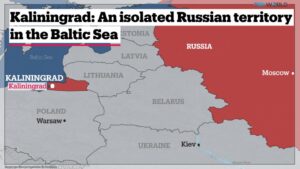




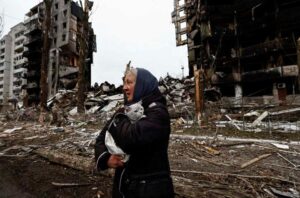


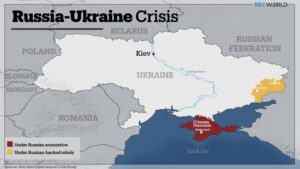

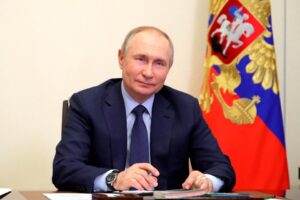
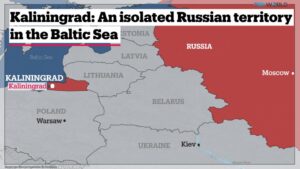
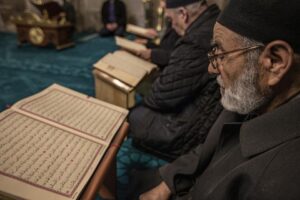

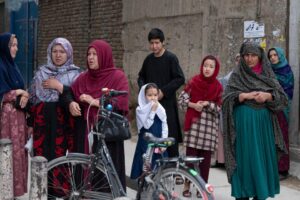

Be First to Comment